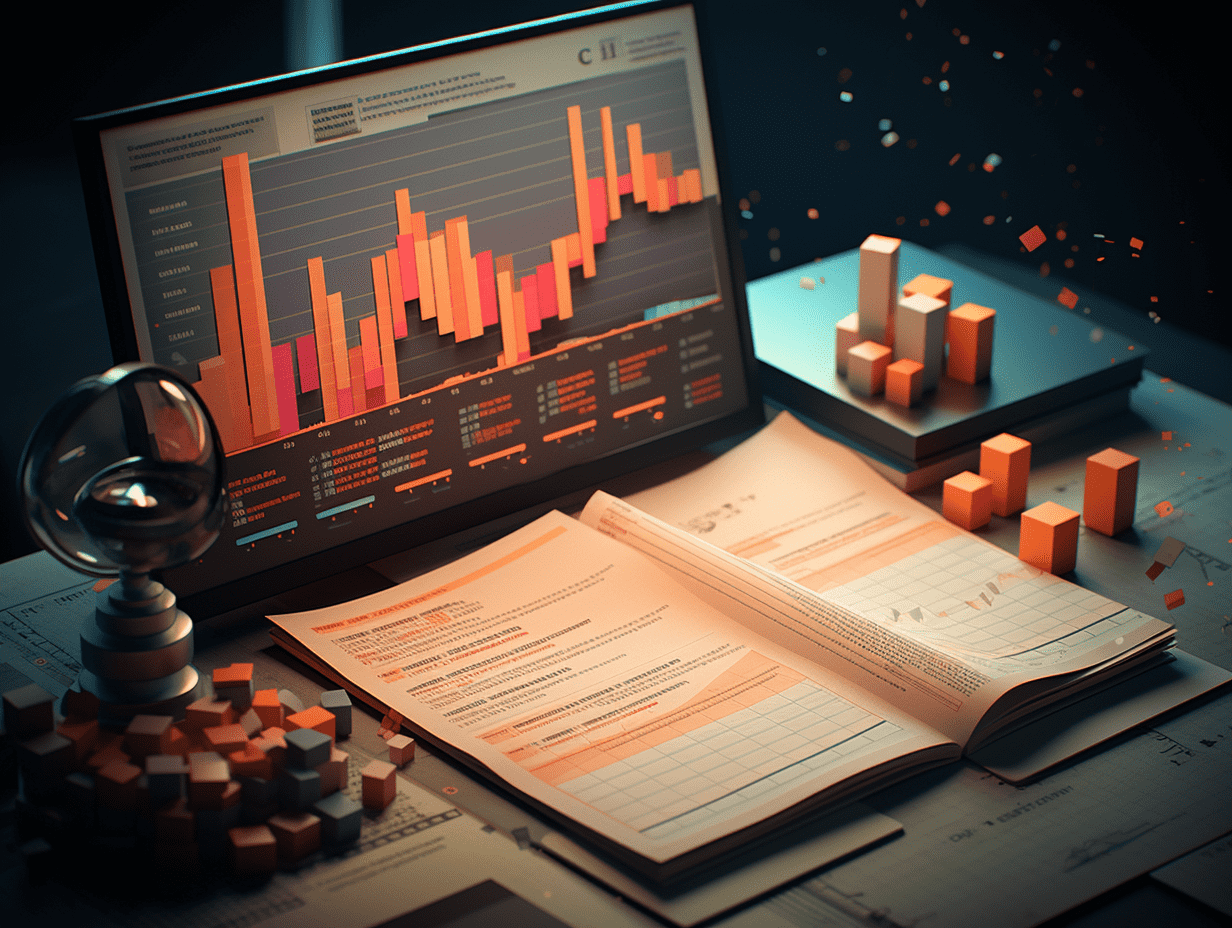San Francisco Fed President Daly supports Powell's hawkish view: The Fed is not in a hurry to cut interest rates.
Mary Daly, President of the Federal Reserve Bank of San Francisco, said that the strength of the U.S. economy allows policymakers to patiently wait for more evidence to understand how the policies of the Trump administration will affect businesses and households.
San Francisco Fed President Mary Daly said on Wednesday that the strong performance of the U.S. economy allows Federal Reserve policymakers to remain patient, waiting for more evidence to see how the new round of tariffs led by the Trump administration will affect American businesses and households. Daly's latest remarks can be seen as echoing the hawkish comments of Fed Chairman Powell last week, when Powell emphasized in a press conference after a rate meeting that the Fed does not need to rush to adjust benchmark interest rates, the U.S. economy continues to show resilience, and current policy is moderately restrictive and further observation is very low cost, also stating that President Trump's calls for rate cuts will not affect the Fed's work.
"When you overlook current economic conditions and see a solid economic growth data, a robust labor market, and consistently declining inflation," Daly said at a meeting hosted by the California Bankers Association on Wednesday. "If we want to achieve a sustainable economic growth path, this is the state we want to see."
Daly stated that the Fed's monetary policy is currently in a moderately restrictive position and is prepared for any changes in the economic environment. She pointed out that the Fed's monetary policy is in a "good position" and can respond in a timely manner to any "surprises" from the Trump administration's policies on tax cuts, trade tariffs, immigration, and deregulation.
"The keyword today is patience," she said in an interview. "We need to be patient and observe, not speculate."
Last week, Fed policymakers collectively kept borrowing costs unchanged at a rate meeting. Many policymakers said they expected U.S. unemployment and inflation to rise slightly due to the negative impacts of tariff policies, but ongoing tariff policy uncertainty made it difficult for them to judge how the U.S. economy would evolve.
As top U.S. and Chinese trade negotiators announced earlier this week that they agreed to temporarily reduce tariffs on a wide range of goods within 90 days while seeking a broader trade agreement, the Fed's decision to hold steady on its monetary policy now appears wiser. Economists are now shifting their predictions, with the probability of a U.S. economic recession decreasing significantly, but many still predict a slowdown in economic activity. In contrast, before the positive trade consensus between the U.S. and China, most economists predicted that the U.S. would enter an economic recession this year.
With Fed officials continuing to signal the maintenance of current rates and the significant cooling of bets on Fed rate cuts by Wall Street financial institutions like Goldman Sachs, expectations of a "soft landing" for the U.S. economy have quickly increased. The economic team from Goldman Sachs now expects the Fed to start cutting rates in December instead of their previous bet in July; Citigroup economists have postponed their next rate cut expectation from June to July; and economists from another financial institution, Barclays, predict that the Fed will only implement a rate cut in 2025, followed by three 25 basis point cuts next year. Prior to this, Barclays economists expected two 25 basis point rate cuts this year, in July and September.
Wall Street analysts generally expect that the trend of price increases driven by tariff policy in the coming months will become more pronounced, and they believe this will make the Fed hesitant to cut rates.
"Our forecasts expect tariffs to cause a surge in U.S. commodity prices in June and July," wrote Michael Hanson, an economist at JPMorgan, in a statement after the CPI inflation report was released. "Economists and Fed officials are both watching closely to see the extent of the pressure on price increases."
Daly said in her speech that Trump's tariff policy has caused an "uncertainty shock" which could soon push up U.S. inflation, but this has not yet evolved into a possible impact on U.S. economic growth or labor demand.
Related Articles

From January to April, the number of passengers traveling by rail nationwide reached 1.46 billion, a year-on-year increase of 5.9%.

HKEX's Lu Chenjian: It is expected that A+H listings will continue to be a key theme in 2025.

The Securities and Futures Commission of Hong Kong and the Abu Dhabi Financial Services Regulatory Authority have strengthened regulatory cooperation in supervising cross-border investment management activities.
From January to April, the number of passengers traveling by rail nationwide reached 1.46 billion, a year-on-year increase of 5.9%.

HKEX's Lu Chenjian: It is expected that A+H listings will continue to be a key theme in 2025.

The Securities and Futures Commission of Hong Kong and the Abu Dhabi Financial Services Regulatory Authority have strengthened regulatory cooperation in supervising cross-border investment management activities.

RECOMMEND

U.S. bond yields approaching the critical point of 5%! Market veteran: may require a "debt crisis-style collapse" to force fiscal reform.
15/05/2025

The US stock market is accelerating its rise - is the bull market returning or just a flash in the pan?
15/05/2025

The United States Adjusts Additional Tariffs on China
14/05/2025


